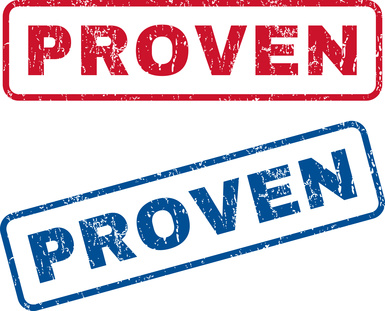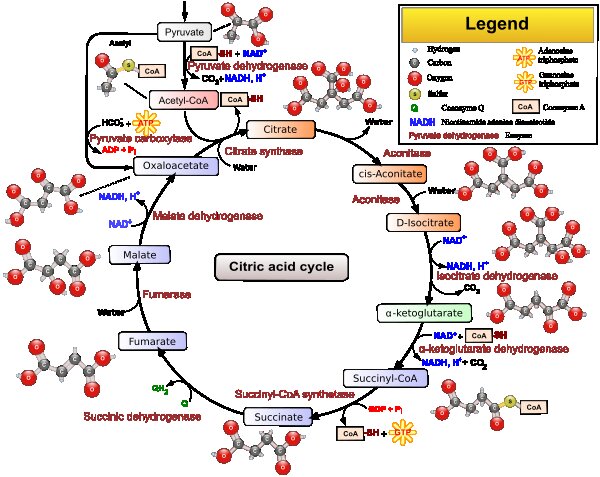REALTOR© Business Planning For 2021

I believe you should always start working on your next year strategy months in advance of the new year. This awards you enough time to make an impact on your final quarter, and lay the groundwork for making sure your next fiscal year starts off on a solid footing. For agents who want to achieve greatness, push the envelope, and grow their business through market share, market penetration, paying down debt, increasing sales, profits and cash flow, I urge you to get going now! The way I see things is, if your business isn’t growing, pushing the envelope, thriving, and maximizing profit, then all you’re really doing is suffering a slow death.
Believe me, your competition is fighting the fight every day, and they didn’t wake up in the morning and say “Gosh, golly, I hope I stay even in 2021.” They want to eat your lunch, take your business, absorb your market share and steal your customers away.
Some people might ask me if they should start planning by looking at their competition, and I say NO. Why focus on the competition, instead of focusing on yourself? When it comes to my business, I don’t care what others do. I care about what I do. Recognize your competition for what and who they are, and then put your best foot forward by pushing the envelope in your business. You should approach the new year as if you are going to battle, and for that you should develop a strategic plan.
Business Plan – a written document that describes in detail how a business, usually a new one, is going to achieve its goals. A business plan lays out a written plan from a marketing, financial and operational viewpoint.
FACT:
LESS THAN 3% OF REAL ESTATE AGENTS HAVE A BUSINESS PLAN
FACT:
ESTIMATED 3% OF REAL ESTATE AGENTS IN NORTH AMERICA DO 97% OF THE BUSINESS
“If you fail to plan, you plan to fail.” Writing a business plan may seem a daunting task as there are so many moving parts and concepts to address. Take it one step at a time and be sure to schedule regular review (quarterly, semi-annually, or annually) of your plan to be sure you are on track to meet your goals. It is that time of year again when we begin to build our plan for 2020 so let’s look at the key areas of the agent’s solid business plan.
Business Plan for the Successful REALTOR©
Step 1) “Success and history always leaves us clues.”
I began by looking back to identify the clues that have been left for us and the business. I would look at the real estate market first and search for the following clues.
What have the number of sales been doing the last year? 2-5 years? Up? Down?
What have the number of listings been doing the last year? 2-5 years? Up? Down?
What have the average and median prices been doing?
What price ranges are experiencing more activity? Less activity?
What neighborhoods or areas are experiencing more activity? Less Activity?
What property types are selling more? Less?
What buyer types are buying more?
Where are the buyers coming from? Local? Next state or province? Over Seas?
Imagine the targeted and strategic plan you would be able to build for you and your real estate business with this kind of information? Now you are not just winging it. You really know where and what to focus on.
Step 2) Looking At The Present State of Your Own Real Estate Business
What have my sales been doing? Up? Down?
What have my listings been doing? Up? Down?
What is my average price? Can I raise my average selling price?
What is my Gross Commission Income doing?
What is my average deal worth?
Where are my listings and sales coming from? Sources of business?
What types of buyers do I represent?
Where are the buyers coming from? Local? Out of area?
What are my pending sales?
What do I have for potential buyers and sellers?
What is working? What is not working?
What do I need to start doing again? Stop doing?
What if you took the time to really track and measure and reflect on your business at a deeper level and see your strengths, weaknesses and opportunities of yourself and your own business?
Step 3) Activity Plans – Take the time to lay out your activity plan calendar a year in advance.
Focus on the activities you know you are good at and you see a return on your invested time and money. I am guessing for most agents it would be your sphere of influence, referrals and face to face or voice to voice activities. Set up a schedule for a month or two in advance of your activities for generating business. What is the activity? When? How? To Whom? Track and measure each of these scheduled activities to help identify the best of the best.
Step 4) Budgeting – Profit is the goal in business.
Knowing what your personal life and your business world cost you monthly is so important. Expense management is just as important as your income and earnings. Have a clear picture of your expenses and measure all of them for their return on investment or if they can be reduced in any way. I understand this my be terrifying for most of us to see what we are spending personally and professionally but it is the foundation of your business plan to know what your personal and professional lives cost and then be able to set a financial target that is enough to cover them both and leave you some profit! So many of us stay away from this and run in a deficit and that is not good practice for any of us.
Step 5) Goals – If your “Why” is big enough the “how” will take care of itself.
What is your purpose? Vision? Values? Mission Statement? Taking the time to know what it is you want and why you want it is a game changer for us all. Nothing gives me more joy than impacting and improving people’s lives personally and professionally every day. I have realized that the driving compelling force in my life is serving others and having the means to create memorable experiences with the people I care about most and nothing else has given me more joy than these amazing WHY’s in my own life.
In my own real estate business, taking the time over the last 25 years to create a business plan has been so incredibly beneficial for me and I know it will for you as well. In today’s post I have given you a brief business plan overview. To help you get going with your own plan I put together a Step-by-Step Real Estate Business Plan Workbook you can download for free by signing up using the form below.
Strength and courage,
Wade




 Knowing what the biggest objection you face over the next few months allows you the edge to be prepared when it strikes. We all know the
Knowing what the biggest objection you face over the next few months allows you the edge to be prepared when it strikes. We all know the 


 Why would you want to include a
Why would you want to include a 